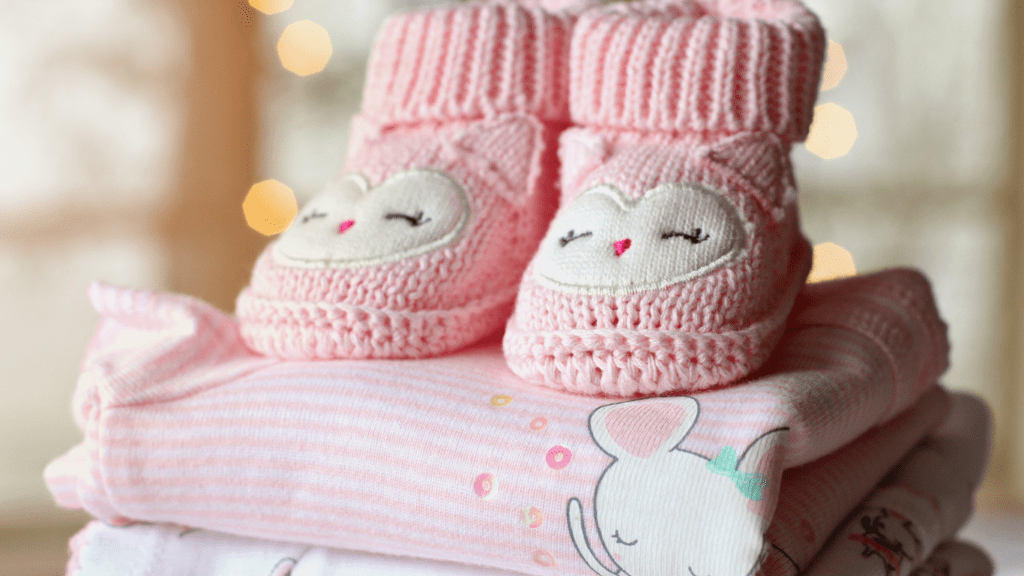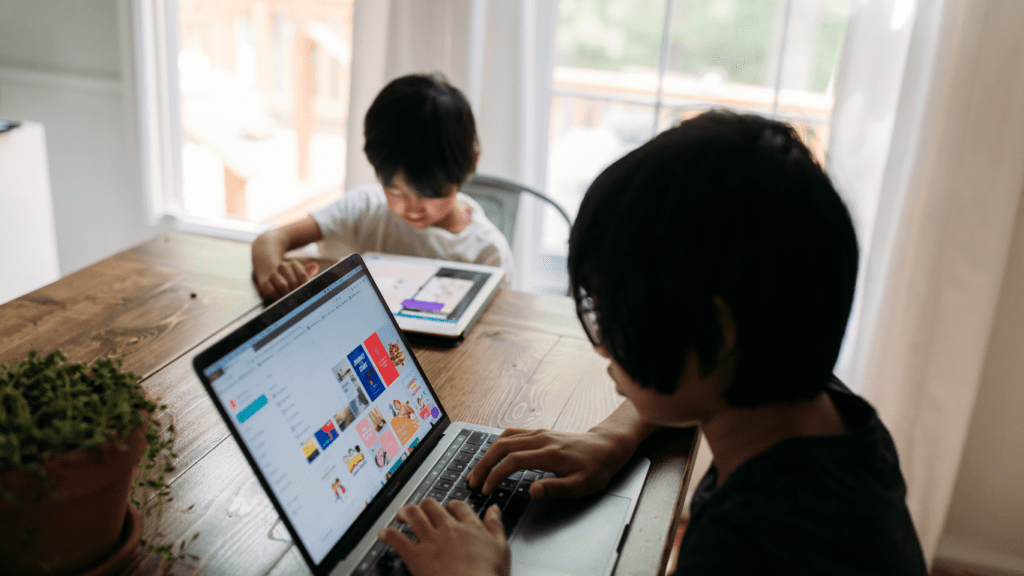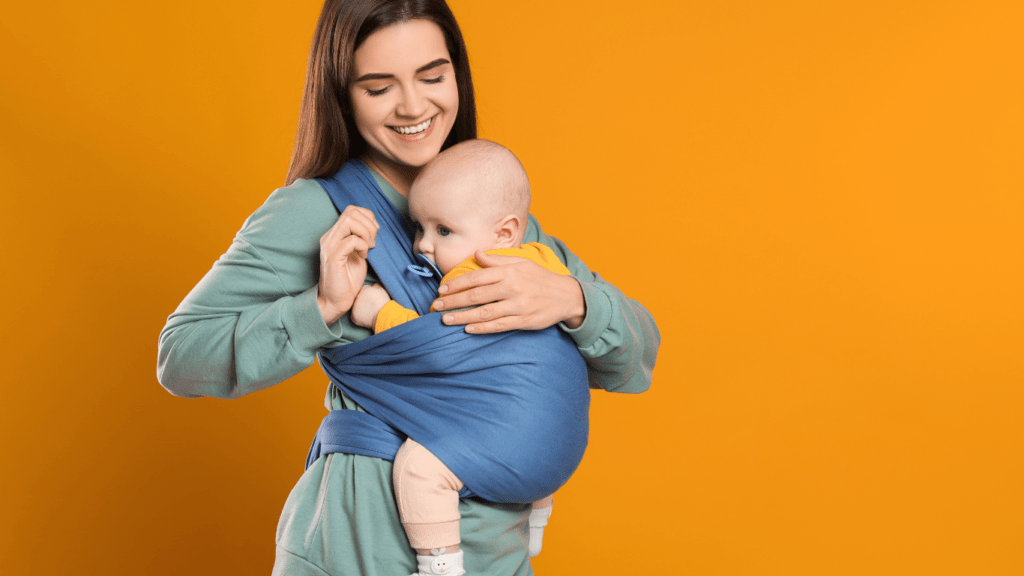Understanding Eco-Friendly Parenting
Eco-friendly parenting involves making environmentally conscious decisions in daily child-rearing practices. It’s about raising children in ways that minimize their environmental impact.
What Is Eco-Friendly Parenting?
Eco-friendly parenting means adopting sustainable practices to reduce a family’s carbon footprint. It includes choosing reusable diapers, buying organic foods, and avoiding single-use plastics. Parents might opt for second-hand clothing, eco-friendly toys, and natural cleaning products. This approach helps instill a sense of environmental responsibility in children from a young age by modeling sustainable habits.
The Importance of Sustainability in Parenting
Sustainability in parenting ensures that children grow up with an understanding of their environmental impact. Sustainable choices help preserve natural resources and promote healthier living environments. For instance, using non-toxic household items reduces exposure to harmful chemicals. By incorporating eco-friendly habits, parents set a positive example, teaching children the value of protecting the planet for future generations.
Sustainable Choices in Baby Care
Choosing sustainable baby care options significantly impacts both the environment and your child’s health. Making informed decisions on daily essentials can lead to a greener lifestyle for your family.
Eco-Friendly Diapers
Using cloth or biodegradable diapers reduces landfill waste. Cloth diapers, for example, are reusable and can be washed after each use. Brands like GroVia and BumGenius offer high-quality, durable options. If cloth isn’t practical, consider biodegradable disposables from companies like Eco by Naty, which break down faster than traditional ones.
Organic Baby Clothing

Selecting clothing made from organic cotton minimizes exposure to harmful chemicals. Organic cotton farming uses fewer pesticides and less water, making it a more sustainable choice. Brands like Burt’s Bees Baby and Finn + Emma provide soft, durable options that ensure your baby’s comfort and well-being. These garments are hypoallergenic, reducing the risk of skin irritations.
Non-Toxic Toys and Supplies
Choosing non-toxic toys ensures safer play environments. Look for toys made of natural materials such as wood, organic fabrics, or BPA-free plastics. Brands like Green Toys and PlanToys create eco-friendly, durable toys free from harmful chemicals. For baby care supplies, opt for items made from natural, biodegradable, or recycled materials, further reducing your environmental footprint.
Continuing to embrace these sustainable choices in baby care fosters a healthier future for both your child and the planet. Each decision counts towards a more sustainable lifestyle.
Green Household Practices
Implementing eco-friendly practices at home not only benefits the environment but also sets a positive example for children.
Reducing Household Waste
Minimizing waste starts with mindful consumption. I avoid single-use items, opting instead for reusable alternatives like:
- cloth napkins
- stainless steel straws
- glass containers
Composting kitchen scraps contributes to organic gardening efforts and reduces the amount of landfill-bound waste. Engaging the whole family in recycling ensures everyone learns the importance of sustainability.
Using Eco-Friendly Cleaning Products
Switching to eco-friendly cleaning products reduces exposure to harmful chemicals. I use products made from natural ingredients such as vinegar, baking soda, and essential oils for various cleaning tasks. Brands like Seventh Generation and Mrs. Meyer’s offer effective, non-toxic options. Making homemade cleaners can be cost-effective and customizable to specific needs.
Energy-Efficient Home Improvements
Implementing energy-efficient home improvements reduces the household’s carbon footprint. Upgrading to LED bulbs, using Energy Star-rated appliances, and ensuring proper insulation can lower energy consumption. I also practice turning off lights and unplugging devices when not in use. Utilizing solar panels, if feasible, provides renewable energy and long-term savings.
These green household practices contribute to a sustainable lifestyle while teaching children invaluable lessons about environmental stewardship.
Sustainable Food Practices
Sustainable food practices play a crucial role in eco-friendly parenting. Making thoughtful food choices can impact a family’s health and support a sustainable lifestyle.
Advantages of Organic Baby Food
- Organic baby food serves as a healthier option for infants.
- It’s free from toxic pesticides and harmful additives, offering purer nourishment
- Brands like Earth’s Best and Happy Baby provide certified organic options. These foods help minimize exposure to chemicals, promoting better health and development.
- Organic farming methods also support soil health and biodiversity.
- By choosing organic, you’re supporting sustainability in the food industry.
Benefits of Breastfeeding
Breastfeeding offers numerous eco-friendly benefits. It reduces reliance on formula production, which involves significant packaging waste and resource consumption. Breast milk delivers optimal nutrition tailored to a baby’s needs, boosting immunity and development. This practice eliminates waste associated with formula packaging and distribution. Additionally, it fosters a deep bond between mother and child, contributing to emotional well-being.
Starting a Home Garden
Starting a home garden provides fresh, organic produce right at home. It reduces the environmental impact linked to food transportation and packaging. Growing fruits and vegetables helps cut down on trips to the grocery store, saving fuel and emissions. Home gardening teaches children about where food comes from and instills a sense of responsibility towards nature. Tools like raised beds and compost bins make it manageable even in small spaces. Brands such as Burpee and Miracle-Gro offer beginner gardening kits.
Embracing sustainable food practices helps create a healthier environment and legacy for future generations.
Teaching Kids About Sustainability
Educating kids about sustainability instills lifelong habits of environmental stewardship. There are effective methods to make learning both fun and impactful.
Educational Activities
Engage children in activities that highlight sustainability concepts. Organize nature walks and discuss plant and animal ecosystems. Create DIY projects using recycled materials, like building bird feeders from milk cartons or crafting art from bottle caps. Use storybooks focused on ecology and environmental themes to introduce these ideas in an appealing way.
Involving Kids in Recycling
Involve kids in the recycling process to help them understand its importance. Set up a recycling station at home and show them how to sort paper, plastic, and glass. Discuss the reasons behind recycling and the impact it has on reducing landfill waste. Encourage them to participate in community recycling programs or school-based eco-clubs.
Promoting a Green Lifestyle
Promote a green lifestyle by incorporating sustainable practices into daily routines. Teach kids about saving water by turning off taps while brushing teeth and using reusable water bottles. Explain energy conservation by ensuring lights and devices are turned off when not in use. Encourage them to appreciate local produce and understand the benefits of organic foods, possibly through visits to farmers’ markets or starting a small home garden together.
Challenges and Solutions
Raising an eco-friendly family isn’t always straightforward. Many parents, including myself, face hurdles that can make sustainable living seem daunting.
Common Obstacles
Finding time to implement eco-friendly practices is a big challenge. Juggling work, parenting, and other responsibilities can leave little room for sustainability efforts. Additionally, the convenience of single-use products often outweighs the benefits of reusable alternatives, especially when dealing with busy schedules.
Cost is another significant obstacle. Many eco-friendly products are more expensive upfront than their conventional counterparts. Organic foods, cloth diapers, and non-toxic toys can strain the budget, making it difficult for some families to justify the initial investment.
Lack of access to sustainable resources is also a common problem. Not all areas have convenient recycling programs, farmers’ markets, or stores that stock eco-friendly products. This scarcity makes it tough for parents to consistently choose green options.
Finally, there’s the challenge of knowledge. Understanding which products and practices are genuinely eco-friendly requires research and education. Misinformation and greenwashing—where companies falsely advertise their products as environmentally friendly—complicate the decision-making process.
Practical Tips for Overcoming Challenges
To manage time constraints, focus on integrating small changes gradually. Start with one or two eco-friendly practices, like using reusable shopping bags or switching to LED bulbs. Over time, these small steps lead to significant changes without overwhelming your schedule.
When it comes to cost, look for ways to balance expenses. Buying in bulk and shopping sales can reduce the cost of organic foods. For baby items, consider second-hand stores or online marketplaces for gently used, eco-friendly products. Long-term savings, like using cloth diapers instead of disposables, can offset the initial investment.
For families lacking access to sustainable resources, online options can be a great alternative. Many eco-friendly products are available for online ordering, and subscription services often offer convenience and discounts. Engaging with local communities, like participating in co-op programs, can also improve access to fresh, organic produce.
Educating yourself about eco-friendly products and practices is easier with reliable resources. Websites like the Environmental Working Group (EWG) and apps such as GoodGuide can help identify safe, sustainable products. Additionally, joining online forums and parent groups focused on eco-friendly living can provide support and trustworthy information.
By addressing these challenges thoughtfully, parents, myself included, can steadily incorporate eco-friendly practices into our daily lives. These efforts will instill a sense of environmental responsibility in our children, promoting a sustainable future.
family and the environment. Let’s dive into the world of sustainable parenting and discover how small changes can make a big difference.




